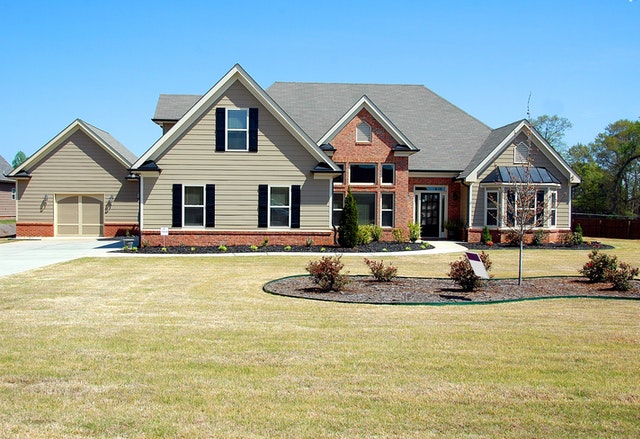 Some clever millennials are teaching the older boomers a new way to invest in real estate, which goes by the name of “house hacking.”
Some clever millennials are teaching the older boomers a new way to invest in real estate, which goes by the name of “house hacking.”
What Is House Hacking?
House hacking has nothing to do with computers, although you may go on the Internet to find candidates for real estate investments suitable for hacking. The goal of house hacking is to acquire a multifamily rental property, live in one part of it and rent out the other parts for enough rental income to cover most, if not all, of the expenses of owning the property.
Live Rent-Free
As the on-site manager of a property that you own, you do not have to pay any rent. If you are clever, and the rental market is robust in the area that you choose for house hacking, then the rental income from the other units in the multifamily property will be sufficient to cover the property’s expenses. Then, you live rent-free.
Finding A Hackable Property
Multifamily properties, up to four units, are the best candidates for house hacking. A two-story townhouse that divides into two separate living spaces, a duplex, a triplex, or a small apartment building may be suitable.
Cash Flow
Calculate the cash flow from the portions of the property that rent to others. If the rent covers all the expenses then the property is said to have a positive cash flow. That is the goal. Have some funds set aside to cover any downtime when a unit is vacant between renters.
Financing
Owner-occupied properties qualify for lower financing rates than non-owner-occupied properties, which are held purely for investment.
Landlord Headaches
As the owner/landlord you will deal directly with any tenant relations and problems. If a pipe breaks in the middle of the night, you are the one who will have to deal with the problem. Be sure to screen tenants thoroughly and maintain the property. Some do not like dealing with tenants; however, if you are careful when selecting tenants and handle any problems professionally, this work provides an excellent experience for understanding further real estate investments to build up your portfolio.
Summary
House hacking came about especially for those from the younger generation of millennials simply because buying a property is very challenging on one income and even difficult on two incomes. If you consider the payment of rent by others as part of the total income that supports a property, the math may work out better. When the numbers work out, you may have found an investment opportunity with house hacking. Work with qualified real estate agents and mortgage professionals who specialize in multifamily properties for the best results.
 Home prices continued to grow in February according to the Case-Shiller Home Price Indices. National home prices grew at a seasonally-adjusted annual pace of 4.20 percent as compared to national home price growth of 3.90 percent in January. Case-Shiller’s 20-City Home Price Index showed higher home price growth rates in February with average annual home price growth of 3.50 percent. January home prices grew by 3.10 percent for cities included in the 20-City Index.
Home prices continued to grow in February according to the Case-Shiller Home Price Indices. National home prices grew at a seasonally-adjusted annual pace of 4.20 percent as compared to national home price growth of 3.90 percent in January. Case-Shiller’s 20-City Home Price Index showed higher home price growth rates in February with average annual home price growth of 3.50 percent. January home prices grew by 3.10 percent for cities included in the 20-City Index.